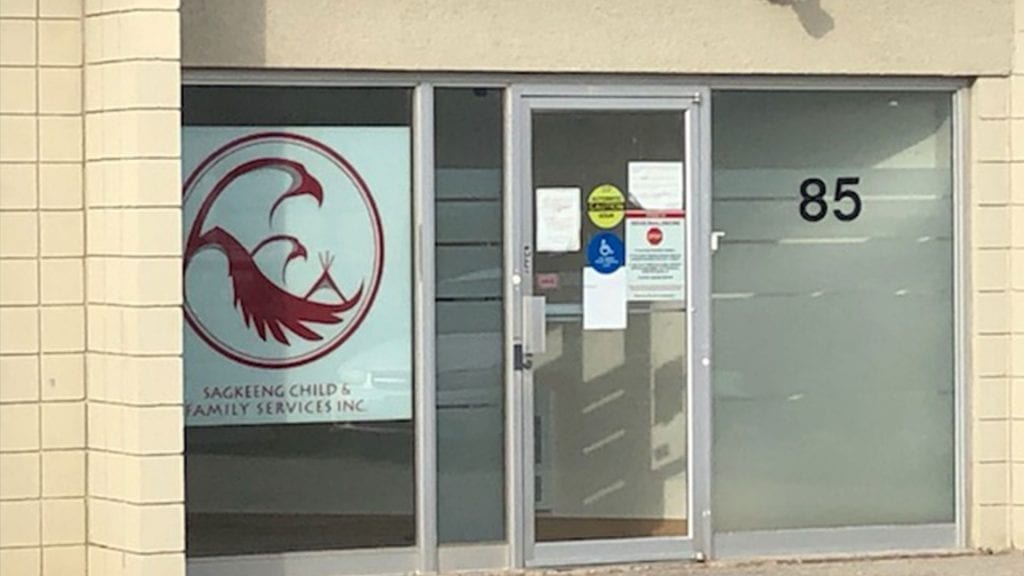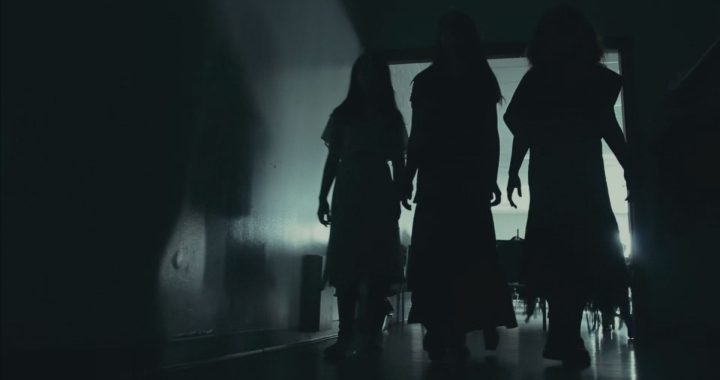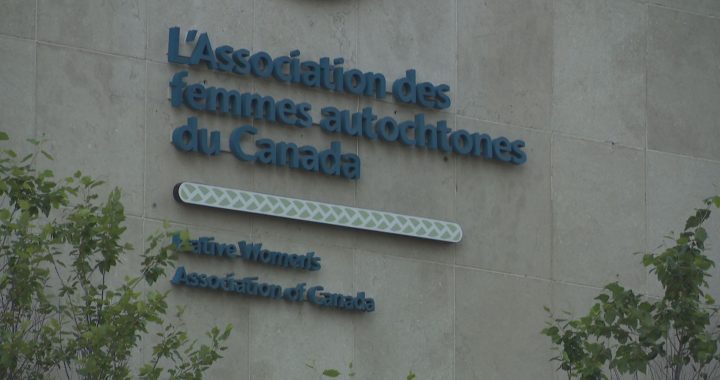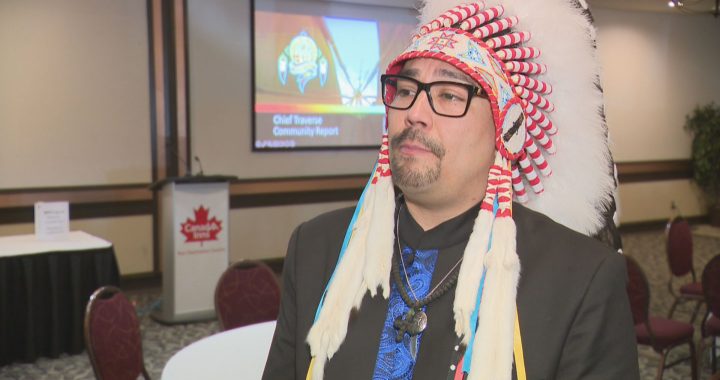
An Anishinaabe mother in Winnipeg says the Sagkeeng Family Services gave her address to her former abusive partner. Photo: Jared Delorme/APTN.
It was a sunny morning in early March when Felicia, an Anishinaabe mother, heard an unexpected knock on her door at her home in Winnipeg.
The mother was busy cleaning up her home and preparing breakfast for her family when the knock happened.
Very few people know her address, there are reasons for that, so she answered the door assuming it was a worker with her child welfare agency.
Felicia is not her real name. APTN News has chosen to refrain from identifying her.
Felicia has an open file with Sagkeeng Child and Family Services.
Her child under the age of seven was apprehended last year and she has been working with the agency to have the child returned permanently.
So on that March day, she didn’t expect to come face to face with her former abuser.
“I just started shaking. I didn’t know what to think. I was lost for words…because I thought I was safe,” Felicia told APTN.
At first, Felicia didn’t recognize the man but then he passed her legal documents, sent on behalf of the agency on Feb. 16, stating he had been served with a notice of hearing regarding the apprehension one of Felicia’s children.
Included in the documents was Felicia’s home address, which she said she had repeatedly asked the agency not to include in any documentation because of fear her former abuser would find her and her child.
Felicia said when she realized who he was, she called for her family to come to the door. The man then left the property.
“It took about four hours from the anxiety to calm down,” said Felicia.
Felicia is speaking out about the incident saying she’s concerned her privacy has been breached by the agency and said she hasn’t been given an explanation of why.
Her former abuser is the biological father, but she said he has not had any involvement with the child since birth and he is not identified on the birth certificate.
The man was charged with sexually assaulting Felicia four times. He pleaded guilty to one of the charges and in the end served 22 days with time served.
As part of the sentence he had to pay a fine, submit a DNA sample, comply with a weapons ban and was put on the sex offender registry. As part of his probation he was to have no contact or direct communication with Felicia for one year.
Felicia said she was under the impression the no contact order was put in place permanently.
After the March incident she filed a protection order against him which is in place for the next three years.
She said he hasn’t had any contact with her since but the protection order provides little relief.
“I look at it as just a piece of paper, and if someone threw a piece of paper in my face I would not go running.”
The incident left Felicia feeling re-traumatized to the point where she couldn’t cook or shower.
“I couldn’t even look after myself. I totally shut down and it took awhile to get myself out of that,” she said.
Felicia felt unsafe to the point she couldn’t stay in her home.
She said she asked the agency to help her find a new place with no success.
She said the agency did apologize but wouldn’t provide an explanation as to why they provided her home address to her former abuser only telling her “they’ve made it mandatory now that addresses be on the court documents.”
As part of the child welfare legislation, agencies are required to notify parents or guardians when an investigation takes place as well as information surrounding court proceedings.
However, Felicia believes this shouldn’t have been the case in her situation. She said she repeatedly asked the agency to remove her address from any documents.
APTN reached out to the agency for comment. Lawyers for the agency would not provide a comment citing privacy concerns nor would they confirm Felicia has a file with them.
Felicia was eventually able to move into a new home despite not receiving any assistance from the agency. She said they did provide financial supports to help with the move.
She said she’s in a better place now mentally.
“I’m doing better now but it’s still hard to go out.”
She hopes something like what’s happened to her doesn’t happen to another family, “I hope they listen to parents.”










